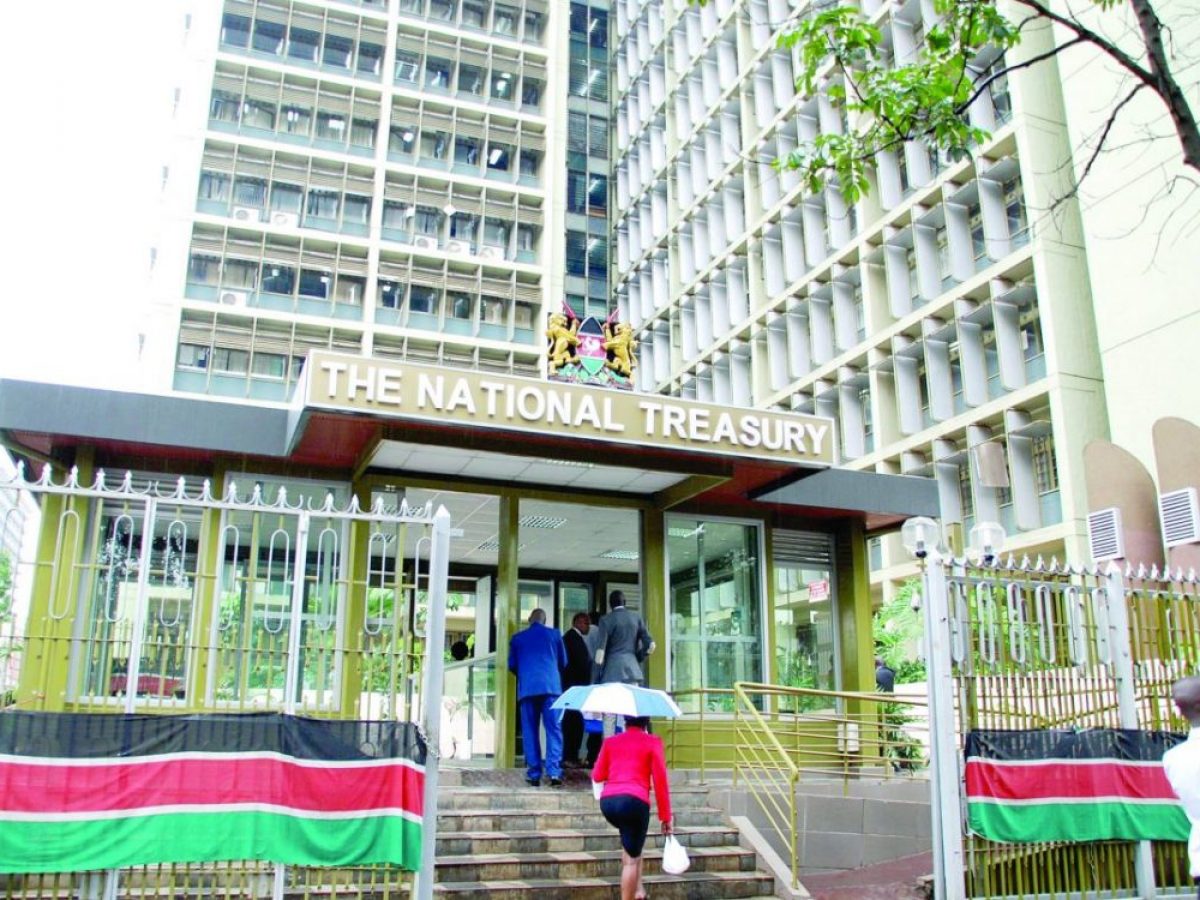- Kenya and the IMF talks on a new loan are making “significant progress,” Central Bank Governor has revealed.
- The country eyes about $487.2 million (Sh62.9 billion) under the IMF’s Extended Fund Facility (EFF) and Extended Credit Facility (ECF).
- Completing the second review under the Resilience and Sustainability Facility (RSF), approved on July 17, 2023, will provide another $120 million to Kenya.
Kenya will receive a loan of up to $1.61 billion (Sh209.3billion) from the International Monetary Fund (IMF) in December to back up the governments reserves, the Central Bank of Kenya has revealed.
This is after the government and IMF agreed to combine the seventh and eighth reviews which will raise the government access to $1.61 billion, increasing the country’s reserves to $1.9 billion (Sh245 billion) by the close of the year.
CBK Governor Dr. Kamau Thugge has confirmed that discussions with the IMF are nearing completion. The talks, have made “significant progress,” with an agreement on key fiscal targets, including a fiscal deficit of 4.3 per cent of GDP. Kenya was set to access approximately $607.2 million (Sh78.3 billion) upon the completion of the seventh review of its IMF program.
This amount includes about $487.2 million (Sh62.9billion) specifically for the Extended Fund Facility (EFF) and Extended Credit Facility (ECF) arrangements. Also under the 8th review of its IMF program, Kenya is set to access approximately $1 billion (Sh131 billion). This financing is part of a broader economic support package that aims to bolster Kenya’s financial stability and aid in managing its public finances.
“We are in the final stages of an agreement. Kenya expects the IMF disbursement by the end of December to help strengthen the country’s reserves,” Dr. Thugge said.
According to IMF, after finishing the seventh review of Kenya’s economic program, if the Executive Board approves it, Kenya’s total financial support from the lender will be adjusted to 135.55 per cent of its quota, which is about $976 million (Sh125.9 billion).
Read also: Tanzania taps $149 million IMF loan for budgetary support
Kenya – IMF Push on With Talks
This adjustment will include a new allocation of approximately $156 million (Sh20.13 billion) aimed at zero-interest loans under the Extended Credit Facility (ECF). This brings the total IMF support for the EFF/ECF program to $3.60 billion (Sh464.5 billion).
Additionally, completing the second review under the Resilience and Sustainability Facility (RSF), approved on July 17, 2023, will provide another $120 million (Sh15.5 billion) for the Kenyan government.
The multilateral lender in a staff meeting with government officials in September 2024, said its fully committed to support Kenya to identify policies that could support the completion of the reviews under the ongoing program as soon as ‘feasible.’
Under the 38-month Extended Credit Facility (ECF) and the Extended Fund Facility (EFF) approved in 2021 by the IMF Executive Board, Kenya is expected to secure $2.34 billion from IMF to support COVID-19 response and address debt vulnerabilities.
Kenya had secured additional $941 million under the program in January this year bringing total IMF commitment to $3.9 billion. The confirmation of payment comes just a week after the Kenyan government asked the International Monetary Fund to conduct an official assessment of corruption and governance issues.
Dr. Thugge also revealed that the bank has been actively purchasing foreign exchange to moderate fluctuations.
“But we are now building reserves related not related to loans, but related to the excess foreign exchange that is actually coming in into the into the economy,” the Governor stated.

He noted an increase in foreign exchange inflows, driven by both banking activities and remittances, which helped build the central bank’s external buffers.
“We do intervene basically to moderate excessive fluctuations in the exchange rate. And it is true that we’ve had a significant increase in foreign exchange, both from banks, but also remittances,” explained Dr. Thugge.
“So in order to moderate the fluctuations and volatility in the exchange rate, we have indeed been buying foreign exchange, and that is part of our role, and that’s part of our business.”
Read also: The IMF Approves an Additional $5 Billion Rescue Package for Egypt

